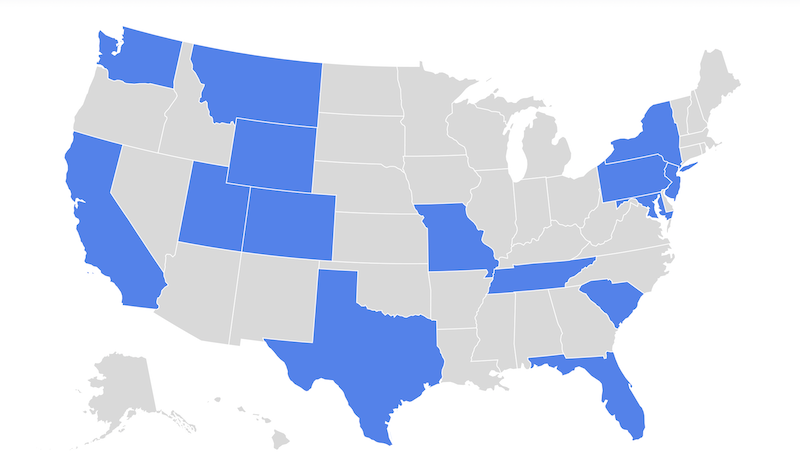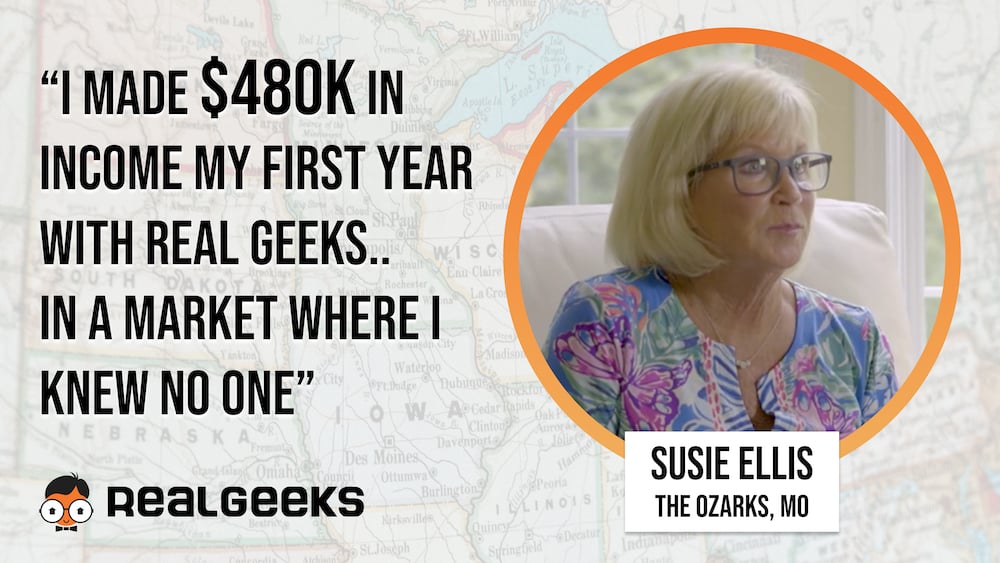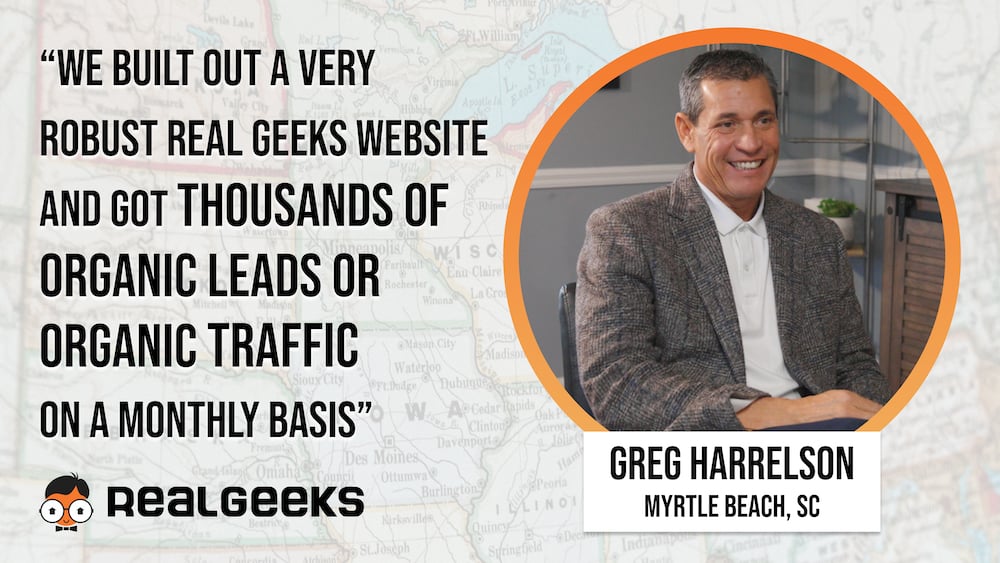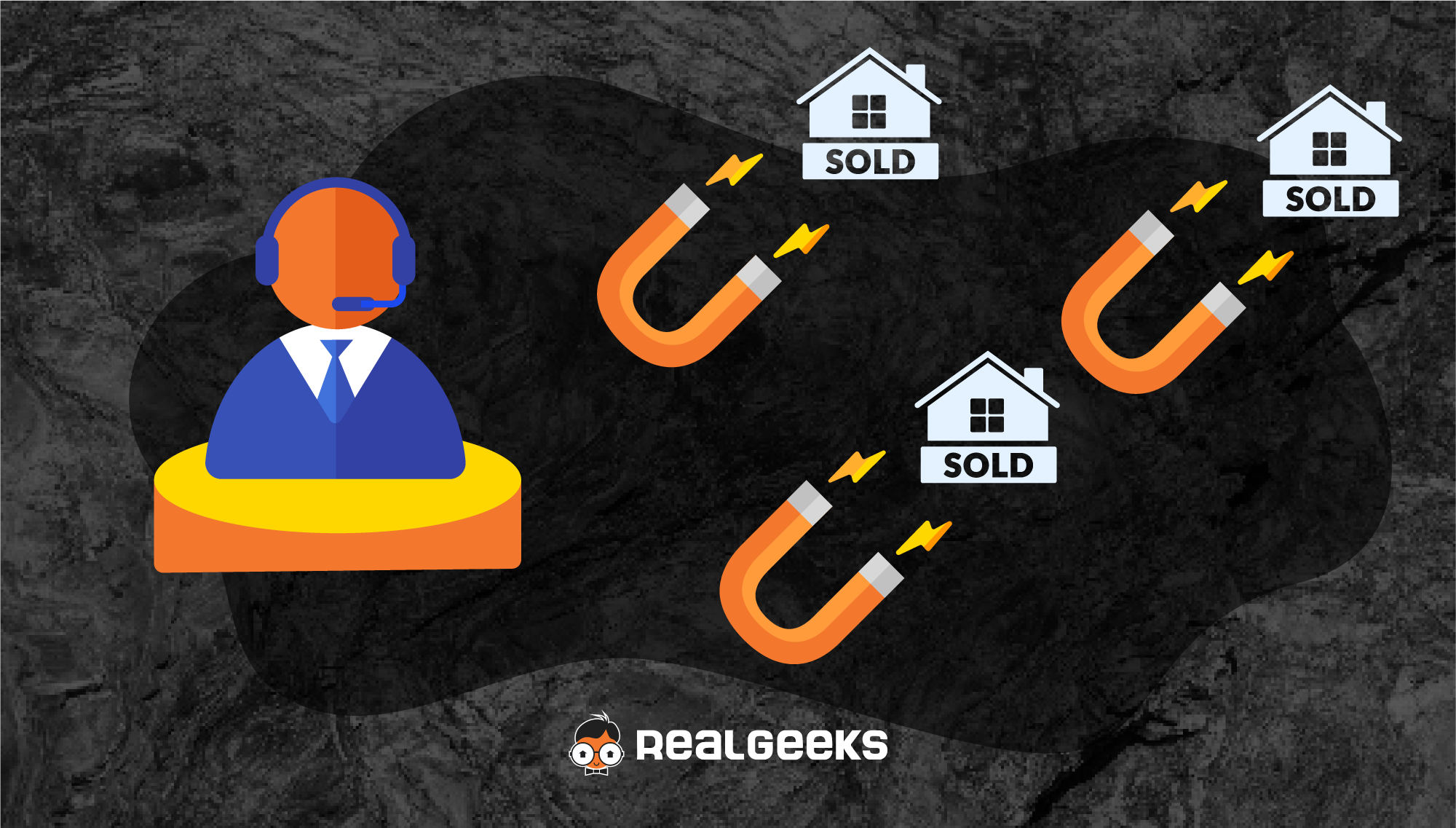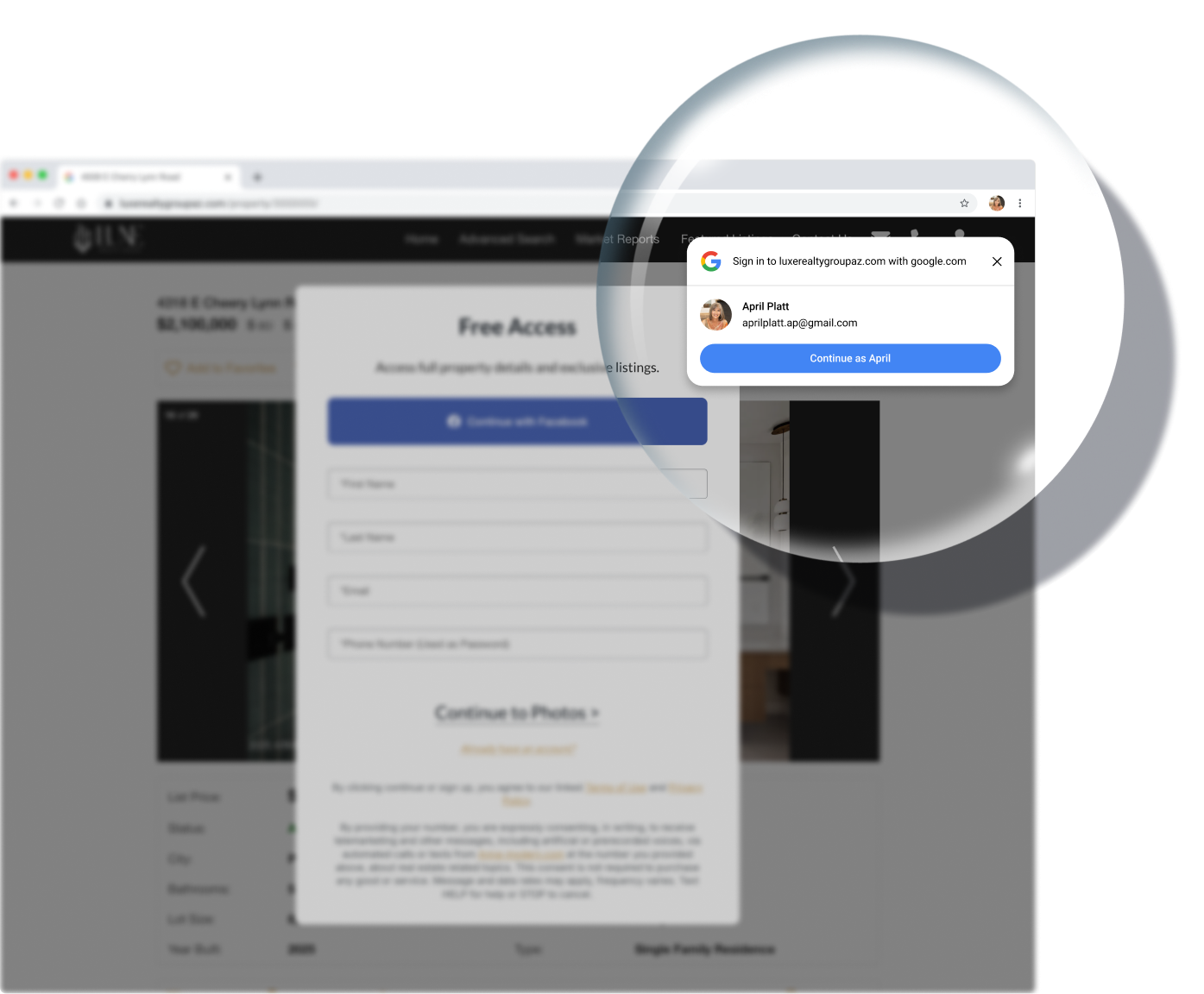Making it to the first page of Google is no easy feat. You can optimize your site, make sure your content is of the highest quality, and adhere to Google's standards, and still never make it for one reason or another. Usually, it's a matter of other sites simply doing something better than you. Maybe they've built more backlinks. Maybe they're better at marketing. That's the nature of any business—fair competition. But what if you were unknowingly helping another site to outrank you?
Sadly, this is the case for many independent real estate agents out there. You think you're doing everything right, and even going above and beyond, but you're still getting beaten by larger brands. It may be that you're contributing to their success, and your lack of visibility. How? Through a simple device called a widget, which uses your website to drive traffic and boost the rankings of two major names in the real estate space, Zillow and Trulia.
Predatory Linking Practices
Those two sites need no introduction. You know who they are. You may also know that try as you might, you can't overtake them in the SERPs. In fact, the longer they're around, the further your site seems to fall in the results. Maybe you even thought you'd try to take advantage of their name recognition, and add one, two, or a few of their widgets to your site. Little did you know that by doing so, you were giving Zillow and Trulia even more firepower to outrank your site.
It's a brilliant scheme, really. Both sites provide a full range of widgets for agents to use on their independent real estate sites. These widgets offer a wide range of features including mortgage calculators, maps, photo slideshows, home value estimators, and even a contact form. What site can't benefit from a widget, right? And by offering tools like maps and mortgage calculators, you're just helping your customers find even more information than might normally be available via IDX.
The problem is, the minute you put one of those widgets on your site, you are agreeing to help a competitor rank better than you, and to drive traffic to their site. Let's take a closer look at one of the widgets provided by Zillow—the home value estimator.
To get the widget, you first fill out <a href="http://www.zillow.com/webtools/widgets/SingleHomeValue.htm">a simple form with a default address. You'll naturally want to fill this out before placing the form on your site so that the code generated is for your city and not the default, Whittier neighborhood in Minneapolis, Minn.—unless, of course, you're located in Minneapolis. For the purposes of this example, we'll use San Antonio, TX:

Just copy the generated code and paste it into your site and voilà! You can offer your customers a home value estimator tool. Now let's examine that code. Most of it is pretty standard, all meant to create the field a potential customer would fill out in order to find out how much their home, or a home they want to buy, is worth. But at the very end is where it gets interesting. The last portion of the code reads as follows:
<a href="http://www.zillow.com/san-antonio-tx/" target="_blank" style="font-weight:normal;font-style:normal;font-size:10px;padding:0;width:144px;color:#666666;text-decoration:none;line-height:1.2em;" scen="s1">Homes for Sale in <span class="region">San Antonio</span></a>
This tiny bit of code contains three areas of concern:
The Backlink
The home value estmator form widget, like every other widget Zillow offers, contains a link back to Zillow.com. It's right at the beginning: http://www.zillow.com/san-antonio-tx/, and you’ll see that link appears at the bottom of the widget you install on your site, just under where users are prompted to enter an address. Well, you think, that's only right considering they're providing me with this free widget. One little link won't hurt anything.
But there's something you must understand. A link coming into a site—more commonly called a backlink—gives that site a boost in authority and rank. The more backlinks a site has, the better it looks to Google and the other search engines.
The logic behind it is that few people, if anyone, will link to a poor quality site. So the more people linking to a site, the higher quality it must be, and Google moves it up in the SERPs. Unfortunately, it's flawed logic, because some companies, like Zillow, have found ways to create their own backlinks by including them in little widgets like this.
Multiply that one backlink in your one widget by the thousands of other real estate agents who are using these widgets on thousands of sites. Every backlink is a boost to Zillow's rank, and an anchor on independent agents' sites competing to be found.
The Inclusion of the City
As an independent real estate agent, you most likely work in a relatively small area, whether it's the little town you live in, or the San Antonio metro area, which is small relative to the country. But sites like Zillow and Trulia are accessible to anyone anywhere in the country, including those people who may be moving to your local area.
By including a backlink to its own listings in your city, Zillow is basically horning in on your local search action. And it's not just the link itself, but the text that is linked, which is called anchor text. When this text is optimized, it helps to target specific searches. In this backlink, the optimized anchor text is: "Homes for sale in San Antonio," meaning it's meant to target people searching for that specific item with those specific words. Per Google's own Keyword Research tool, approximately 880 people search for the exact phrase "Homes for sale in San Antonio" every month:

So first, you've helped boost Zillow's position in the SERPs so that it's ranking well above your local San Antonio website. Then you gave them optimized anchor text to help their site pop up when someone searches for "Homes for sale in San Antonio," which has a decent search volume, especially for such a localized area. But there's one more thing that should concern you, if not just outright make you angry.
Microformat Data Markup
Take another look at that code, and pay special attention to this one little bit: <span class="region">San Antonio</span> The first part of it tells a search engine like Google that a certain parameter is being identified as a region—in this case, San Antonio. Google loves microformats.
When Google finds a microformat attached to a link like this, it may respond by displaying a bit more information in the snippet, which is the descriptive bit of information that follows each link in a SERP. Using this particular microformat may prompt Google to display a map alongside the search result, thereby drawing the searcher's eye, and further encouraging them to click the link.
So even if your site appeared directly below Zillow on the SERP for "Homes for sale in San Antonio," (and incidentally, as of this writing, Zillow ranks #3 in Google for that search phrase after homes.com and trulia.com), it's more likely that the person searching will click on Zillow's result because there's a colorful map attached to it, drowning out your small, text-only link.
By now, you should be suitably upset that you have been helping your competitors boost their rankings above yours. In fact, you may be angry enough that you think, Forget them! I'll just use the widget, but I'm going to remove that bit of code that will include the backlink! Not so fast.
Take another look at that screenshot of the widget code generation form. You'll notice just below the code is a line that says, "By using this widget, you agree to the Terms of Use." On the Terms of Use page are the rules for using Zillow's widget:

Pay close attention to numbers 2, 6, and 7. Number 2 says you may not modify the widget, which includes removing that last bit of code that creates a backlink to Zillow.com. More importantly, it says you can't prevent the search engines from "scoring the link," which basically means counting it toward Zillow's authority and ranking. Essentially, by using this widget and accepting these terms of service, you are agreeing to boost Zillow in the SERPs.
Number 6 says Zillow can, at any time, change the content returned by the widget you place on your site, so at some point, your customers may not get the information they're looking for. And by agreeing to number 7, you're allowing Zillow to monitor your site to make sure you're in compliance with these terms, so if you thought you'd go ahead and adjust that code anyway, they basically tell you they're watching for that.
Think about this for a moment—how often do you really read the terms of service for anything? Be honest. Before you download software, make a purchase from iTunes, or install a widget on your site, do you take the time to read the rules? If you're like most people, the answer is no. You're in a hurry. You don't have time. You just want to install the widget and get on with your business. Zillow is counting on that.
Trulia also offers widgets, and also requires you to agree to terms of service. All their widgets also include backlinks, so by using them, you're helping Trulia to outrank you in the search engine results.
The next question in your mind is most likely, How can they do this? Isn't it against Google guidelines or something?
The short answer is no, but as with many things related to the Internet and Google, the full answer isn't quite that simple.
Widget Spam
Way back in 2008, Matt Cutts, who heads up Google's webspam team, gave an interview, and wrote a post on the Google Webmaster Central Blog, in which he discussed widget spam.
In the interview, Cutts explained Google's stance on widget spam. If a link in the widget is hidden, it's spam. If the link goes to a third-party site that is completely irrelevant to the widget's purpose, or to the site that provided the widget, it's spam. Zillow does neither of these things. Their widget links are clearly visible, they go back to Zillow, and they're relevant to the widget's purpose.
Here's where it gets tricky. In the Webmaster Central post, Cutts said:
...I discourage people from putting keyword-rich anchortext [sic] into their widgets...
By including phrases like "Homes for sale in San Antonio," Zillow is most definitely using keyword-rich anchor text in their widgets. Granted, it's relevant, but by not including any reference to "Zillow," the possibility exists that visitors to your site may assume that link will take them to more local listings from your site. Instead, they'll be sent to Zillow. The anchor text is potentially misleading.
Is that a lot of assumption? Sure. But the best way to prevent incorrect assumptions is to be transparent in what you're doing, and Zillow's widgets, while not completely in the spam camp, are still toeing that line, and leaving room for interpretation by not being totally transparent.
Your Options
The first and best action you can take is to immediately and completely remove any Zillow and Trulia widgets from your independent real estate website.
Need a widget? You can find tons of free ones that don't link to your competitors. Want to offer a mortgage calculator to your customers? Talk to a developer about creating a custom, branded one for you.
You may incur some expense, but how much money do you think you're losing by sending your customers to the two 800-pound gorillas in the real estate space rather than offering your customers your own tools and information?
As for Zillow and Trulia, and their predatory linking practices, it will be up to Google to decide whether the two sites have violated the search engine's rules. In the meantime, they'll do just fine without your help.

Real Geeks is a highly efficient and effective lead generation and conversion solution for cultivating, capturing, and managing leads at any stage of the home buying or selling process.
Drive traffic, capture leads, nurture opportunities, and close more transactions with a robust CRM, fully integrated custom IDX website, and marketing solutions for agents and teams of any size.
Real Geeks is one of the best lead generation and management platforms available, but don't just take our word for it – hear from customers loving their experience with Real Geeks →

